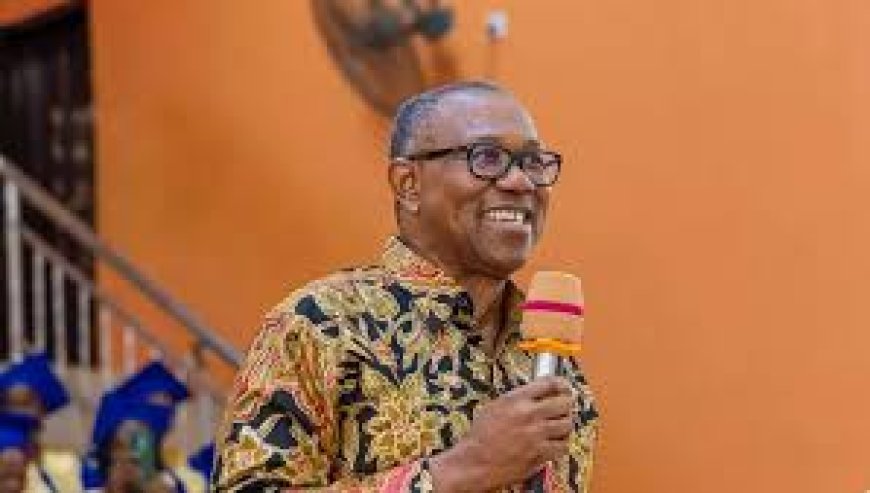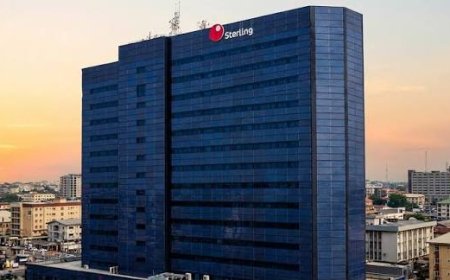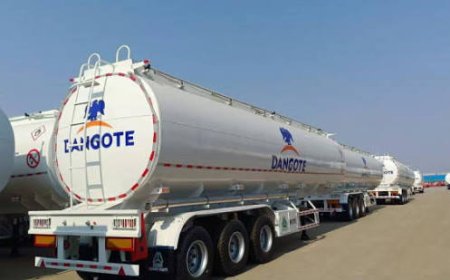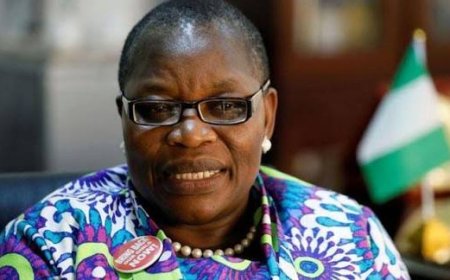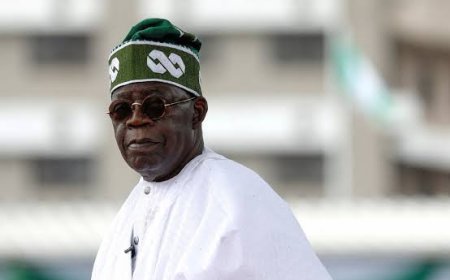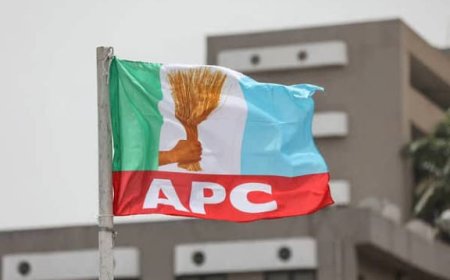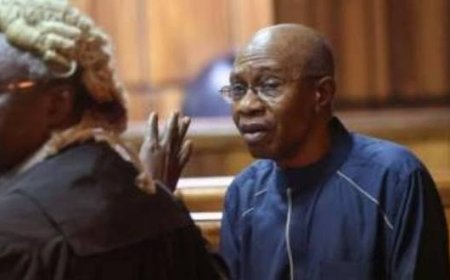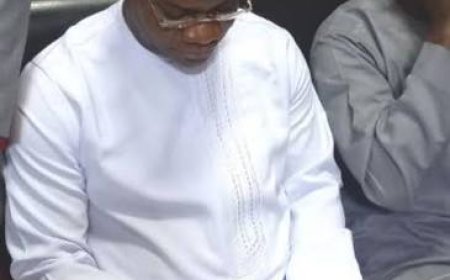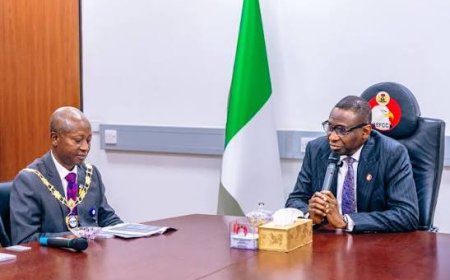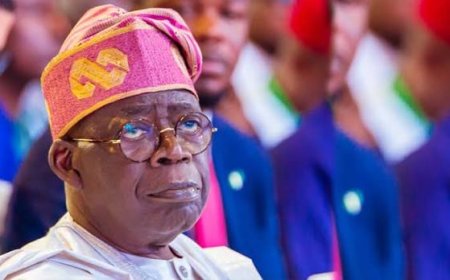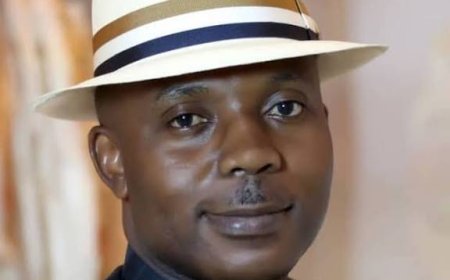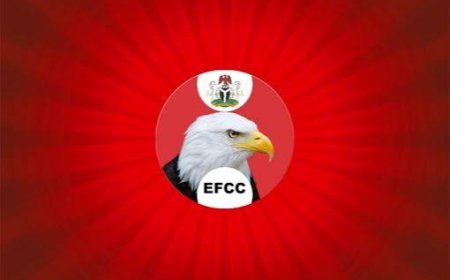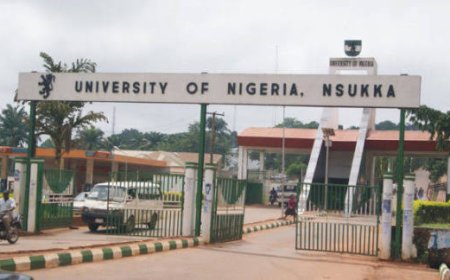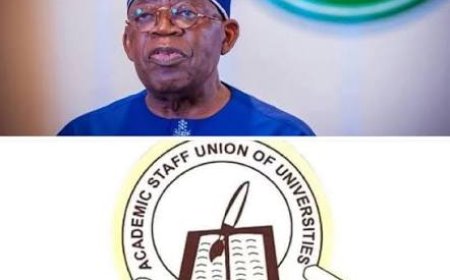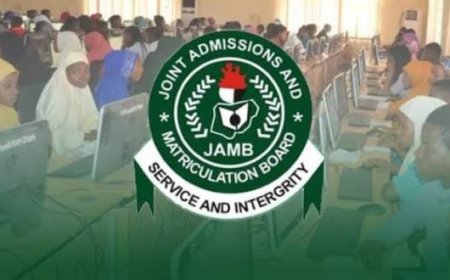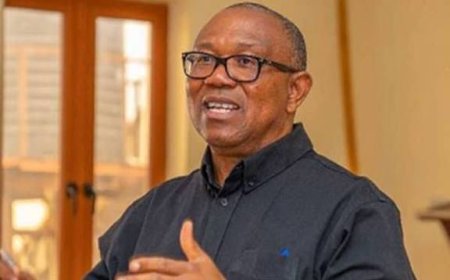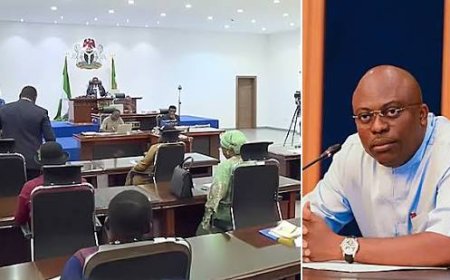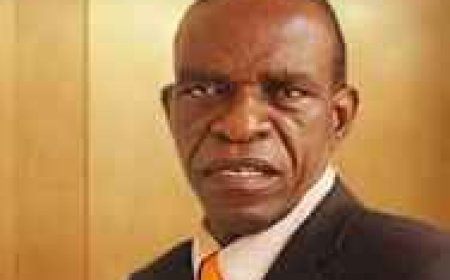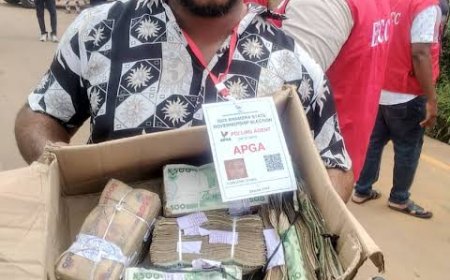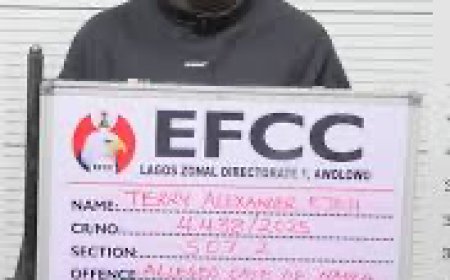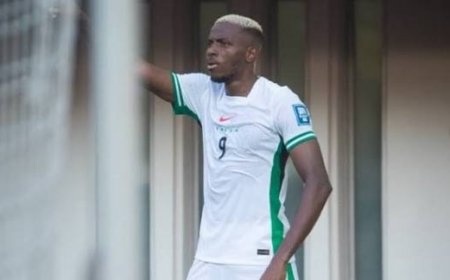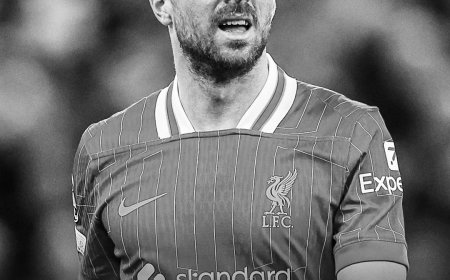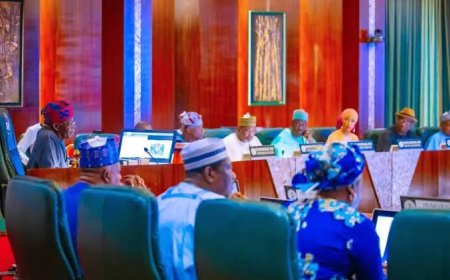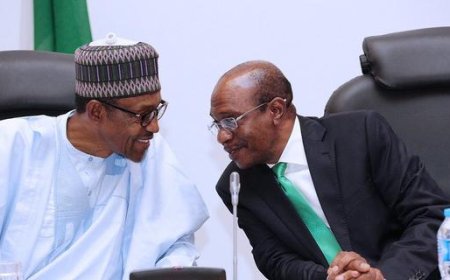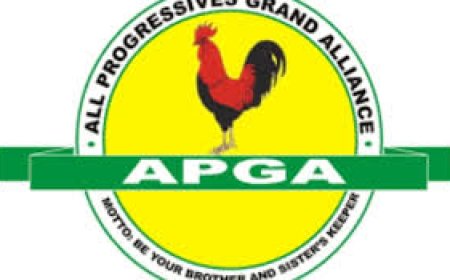... Says Zoning stabilises our polity
By Ibrahim Umar
Presidential candidate of the Labour Party, LP, and former governor of Anambra State, Peter Obi, has said that his decision to run for one term of four years in 2027 is to respect the sanctity of zoning, which has been a stabiliser to our polity despite not being in our constitution.
Speaking during an interview on Channel Television program Politics today, on Sunday night, Obi said that four years is enough for any serious and sincere leader to make an impact.
One term is enough to establish that good governance is possible, and if they can impact negatively on us for just two years, why won't someone achieve a lot in four years?
It's also to respect the gentleman's agreement of zoning, which has been a stabilising factor even though it's not in our constitution.
“I don’t need a day more than four years. I will show the direction of good governance. In two years, there has been maximum damage. Two years can change it in a good direction. People want to get up and see a president who cares and shows compassion,”
Obi, who responded to questions about burning issues around his ambition, reiterated his determination to run for the presidency again in 2027, stating that he is qualified for the office.
“I’m going to contest for the President of the Federal Republic of Nigeria, and I believe I am qualified for it,”
On the possibility of his becoming the running mate to former Vice President Atiku Abubakar in the 2027 election, Obi said emphatically, “This is not in play; nobody has ever discussed that. People assume so many things. Nobody has ever discussed with me whether I am going to be A, B, or C.”
The 2023 Labour Party standard bearer equally dispelled speculations that he had left the Labour Party following his open support for the coalition, which has adopted the African Democratic Congress, ADC.
“I am part of the coalition which will be able to produce a president with the capacity and compassion to save this country.”
On why he was associating in the coalition with persons who were known to have played key roles in previous failed administrations, Obi explained that their experience would be required to prevent the government he intends to form from failing.
“In fact even some who have been in that government, their experience is critical.
“I can tell you one of the major companies in the world hired two people who have worked in failed companies because they can tell you why they failed.
“You need the experience of those who have failed and those who have succeeded to move on, and I need everyone.
“It is a critical experience because they know what can fail a system and they know what was wrong with the system.”
Obi also criticised President Tinubu for a perceived lack of compassion over numerous deaths in the country, particularly victims of insecurity.
“Today, we are in a country that has leadership without compassion. Several children died in Ibadan on 18 December last year, and on 19 December, the president of Nigeria flew from Abuja to Lagos for Christmas festivities. There is no compassion, and we can change that if we move in the right direction,” he said
Obi also questioned the priorities of Tinubu’s government, citing the commissioning of a bus station project in Abuja while around 20 soldiers were killed in Niger, asking when ceremonial projects became more important than soldiers’ lives.
The former governor said that, if elected, he would declare war on insecurity rather than merely a state of emergency, asserting that non-state actors must not be allowed to challenge the authority of the state.
He also promised to empower states, local governments, and communities to establish police systems alongside the federal police.
“From day one, I will tackle insecurity head-on. Non-state actors cannot be stronger than the state. We must declare war on insecurity, but we must concentrate more on natural security, which is pulling people out of poverty.”
Obi denounced what he described as the extravagant spending of the Tinubu administration, citing the purchase of private jets and luxury items while critical sectors such as education and health continue to suffer neglect.
He criticised the “disorganised” removal of the fuel subsidy, saying the government had failed to make adequate provisions to mitigate the impact.
He accused the Tinubu administration of borrowing more funds than the combined governments of Presidents Goodluck Jonathan, Umaru Musa Yar’Adua, and Muhammadu Buhari, raising Nigeria’s debt from approximately ₦80 trillion to ₦180 trillion in just two years—with little to show for it.
He pledged to borrow only for investment purposes, particularly to finance electricity, following examples such as India, Egypt, and Vietnam, which have made significant, strategic investments in their power sectors.
Reiterating his mantra of shifting Nigeria’s economy from consumption to production, Obi promised to invest heavily in agriculture and rural development, especially in northern Nigeria, which he described as the country’s “greatest asset” due to its vast land resources.
On his relationship with late Gen Sani Abacha, Obi reiterated his earlier explanation of a chance meeting with him from a protest over decongestion of the seaport, and he was appointed to the decongestion committee that lasted just two weeks.
